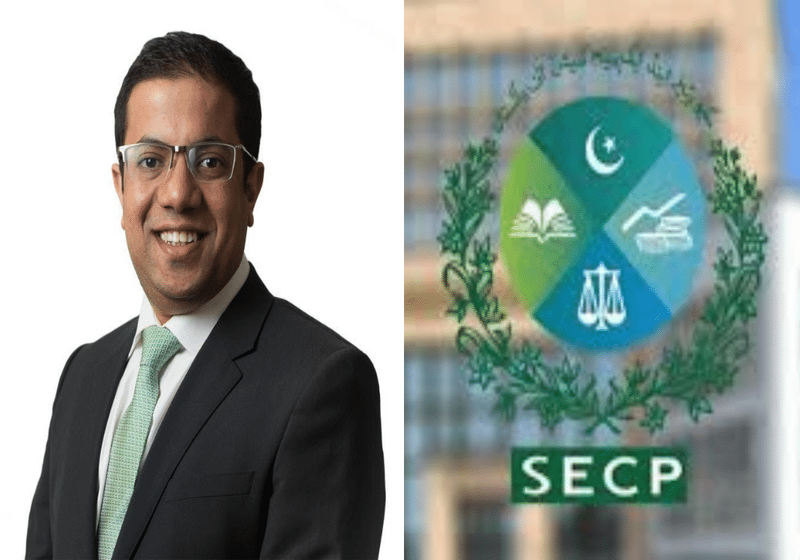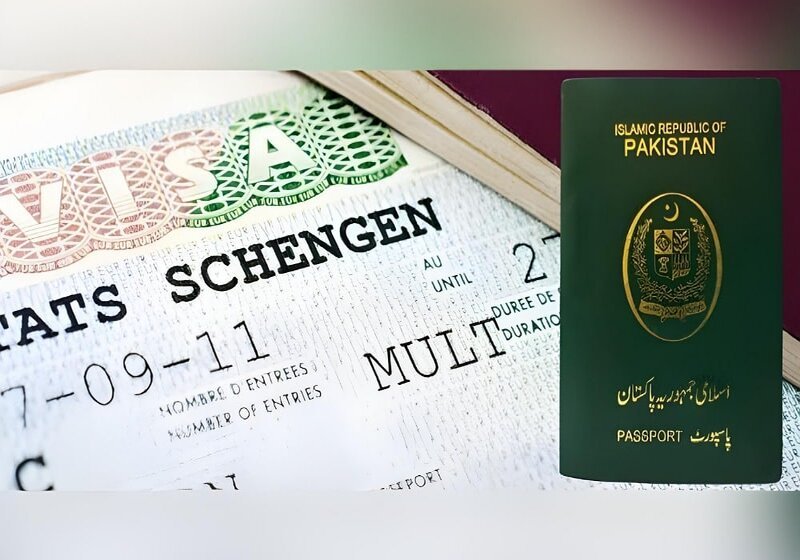Pakistan is launching a transformative initiative under its National Artificial Intelligence Policy 2025, aiming to train one million individuals in artificial intelligence by 2030. This nationwide effort is designed to position the country as a regional leader in digital innovation, while simultaneously preparing the workforce for emerging opportunities in the global tech economy. The initiative includes a comprehensive set of programs focused on AI education, skills development, research, entrepreneurship, and inclusion, all rolled out in collaboration with public and private stakeholders. To meet these goals, the government will implement the National AI Skill Development Program, which is expected to train 200,000 people annually. A parallel “Train-the-Trainer” initiative aims to develop 10,000 AI educators by 2027. In addition, a High-Tech Internship Program will offer 20,000 internships each year, helping students and early-career professionals gain hands-on experience in AI-related fields. These internships will be supported by official certification to enhance career prospects. The policy also allocates support for 3,000 advanced research scholarships each year at the postgraduate and doctoral levels. To ensure accessibility, 15,000 student loans will be made available annually, helping reduce financial barriers for those pursuing AI education. A critical component of the policy is providing 150 academic and research institutions with access to advanced computing and data resources needed for AI model training and development. By 2027, the government also aims to ensure that all public servants receive AI training, integrating digital literacy and emerging technology awareness into public sector governance. The Ministry of Information Technology and Telecommunication is leading this effort with guidance from Minister Shaza Fatima Khawaja. The ministry is working to establish the Artificial Intelligence Council, which will offer strategic oversight, while a dedicated Policy Implementation Cell will manage daily operations. This governance structure will oversee the rollout of initiatives across sectors and regions. As part of the national strategy, Centres of Excellence in Artificial Intelligence are being developed in major cities, supported by regional hubs to expand outreach. These centers will serve as innovation and research ecosystems, connecting academia, industry, and government to accelerate AI adoption. They will also play a central role in managing innovation grants, training programs, and partnerships. To support AI entrepreneurship, the National AI Advancement Initiative introduces funding streams tailored to early-stage and growth-stage startups. A National AI Fund is being developed in consultation with investors and stakeholders, along with a venture capital fund aimed at closing the post-seed financing gap. An additional Innovation Fund will be managed through the Centres of Excellence to encourage AI-driven solutions for national challenges. Entrepreneurs will benefit from access to labs, expert guidance, and investment incentives. Inclusivity is a major pillar of Pakistan’s AI policy. Programs such as DigiSkills will be expanded to reach women, persons with disabilities, and marginalized communities. These efforts will be supported through partnerships with organizations like Bait-ul-Maal and Ehsaas. The policy also includes local-language awareness campaigns and targeted initiatives to support female entrepreneurship in the tech space. According to Minister Shaza Fatima, the National AI Policy 2025 reflects Pakistan’s commitment to both technological progress and social equity. By building digital infrastructure, investing in human capital, and supporting innovation, the country aims to unlock the economic potential of artificial intelligence while ensuring that no community is left behind in the transition to a digital future.





































Comments (1)